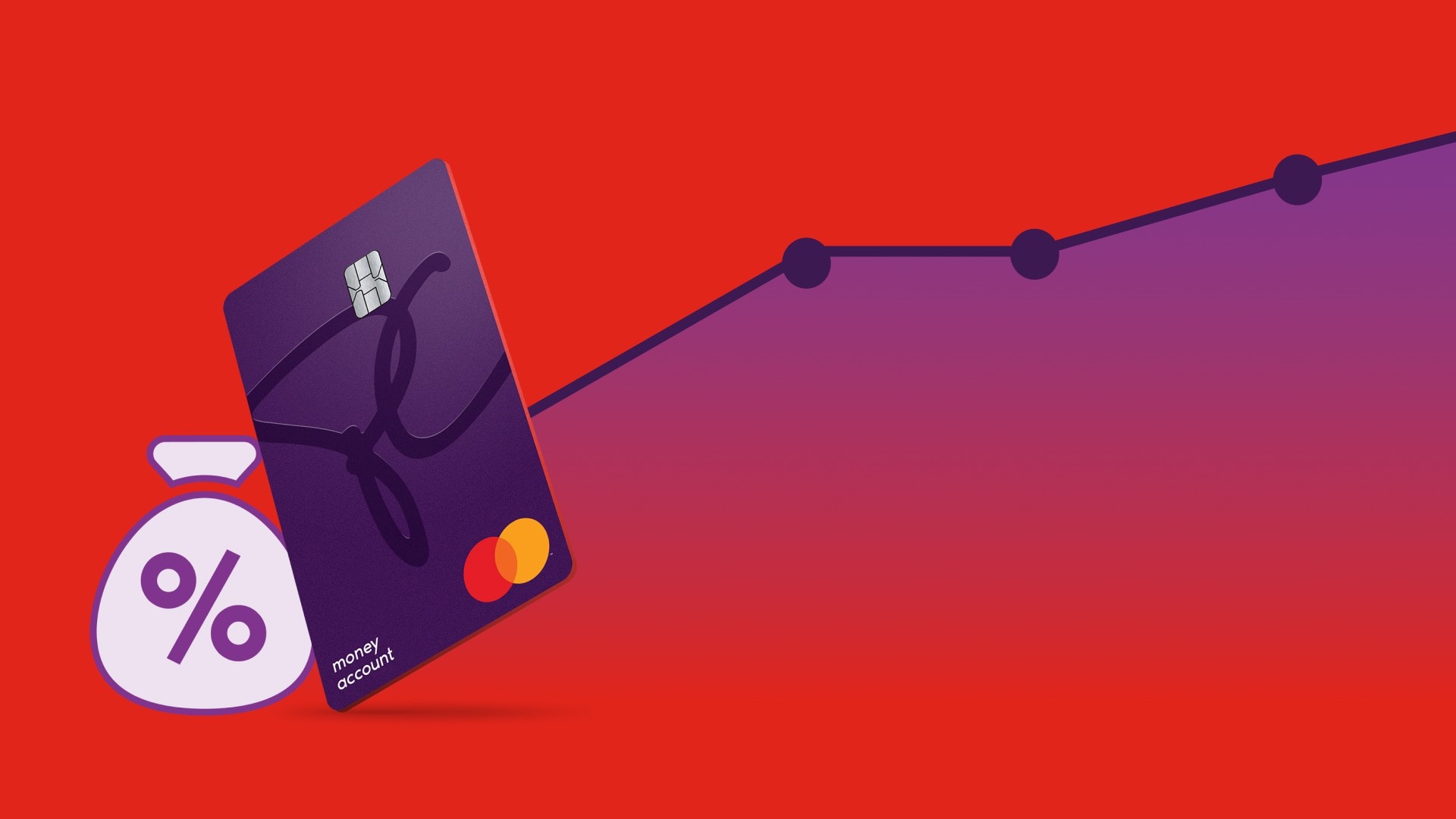Managing Your Money on Parental Leave

Welcoming a new baby is a wonderful, exciting and busy time. But because the first year is often more expensive than new parents expect, and may include a temporary drop in income, it can quickly result in anxiety and money worries. You’ll have enough on your plate with a new baby to care for — you don't need to worry about your parental leave budget too. Here are eight tips for how to prepare your finances for parental leave.
• Gather information: As soon as possible, find out which benefits you qualify for from government sources (this depends on your region, marital status and income). Check in with human resources at your and your partner’s workplace to find out what benefits they offer. Some companies provide parental leave top-ups or the ability to continue contributing to a pension plan, for example. Ask questions, such as what happens if you need to be on bed rest or take sick leave prior to your delivery date? An accountant or financial planner can advise and help you navigate the world of parental benefits.
• Create a budget: If you haven’t done so already, now is a great time to figure out your current budget by looking at your present sources of income and tracking your spending (opens in a new window). Crunch the numbers using what you expect to earn during parental leave versus expected expenses. Some costs will go down (travel to work and entertainment), others will rise (baby care costs) and some are fixed (rent/mortgage and other bills). Don’t forget: Parental benefits are still taxed as income, so plan to set some money aside for tax purposes. Look for online calculators that can help estimate your money needs after baby arrives. Once you compare your adjusted income to expected spending, you’ll know whether you will have enough money to pay for your lifestyle or if you need to cut back on spending in your parental leave budget.
• Save now: As early as possible, start working on your nest egg. Try to live with a budget ahead of time in order to get used to living on a reduced income and put the extra cash into savings. Sock away tax refunds and any windfall money and start looking for everyday ways to save (opens in a new window). This is especially important if you are self-employed or are a freelancer and don’t qualify for EI benefits to help you with managing money on parental leave.
• Pay off debt: Before baby arrives, try to pay off high-interest debt, such as credit cards and lines of credit, and avoid tapping into these sources during parental leave. Choose to pay up front for purchases instead of selecting payment plans. You’ll thank yourself in the end for not racking up interest charges.
• Don’t buy unnecessary gear: Keep your instinct to purchase all the baby things in check. Sure, it’s fun to buy cute furniture, gadgets, toys and teeny weeny clothes, but chat with other new mothers and seasoned parents to learn what’s truly essential and what not to bother with (diaper wipe warmers, I’m looking at you). Don’t go overboard on tiny outfits, because they’re often outgrown before they’re even worn. Consider accepting hand-me-down clothing, toys and gear, but make sure it complies with all up-to-date safety regulations.
• Create a food strategy: While you still have the energy, think about how you’ll feed yourself during the sleep-deprived early months with a new baby. Start meal planning (opens in a new window), batch cooking and freezing easy-to-prepare meals. Stockpile food staples and other items you’ll need when you see them on sale. Take advantage of loyalty plans, such as the PC Optimum (opens in a new window) points program, and redeem the points you earn on your purchases towards food and baby supplies at participating stores. (Pro tip: Time- and mobility-limited new parents can also take advantage of other convenient services such as digital banking (opens in a new window) and online grocery shopping (opens in a new window)).
• Join forces with other new parents: By teaming up with parents at the same stage as you, you’ll tap into an invaluable network. You can pool resources on child minding and hand-me-downs, share advice on food-making or just commiserate together. Local parenting groups may also provide inexpensive educational or social opportunities.
�• Don’t stress: Most importantly, enjoy the early days with your new baby and try not to stress about money. Much of the hardship, like the lack of sleep, is temporary and will pass. In the meantime, enter “survival mode” and don’t put pressure on yourself to keep up with every pre-existing savings goal. For now, remember that time spent with your new bundle of joy has a value that money can’t buy.
You can learn more about money planning to start a family here (opens in a new window).
General information not about PC Financial products is provided for your reference and interest only. The above content is intended only to provide a summary and general overview on matters of interest and is not a substitute for, and should not be construed as the advice of an experienced professional. The PC Financial® team does not guarantee the currency, accuracy, applicability or completeness of this content.


